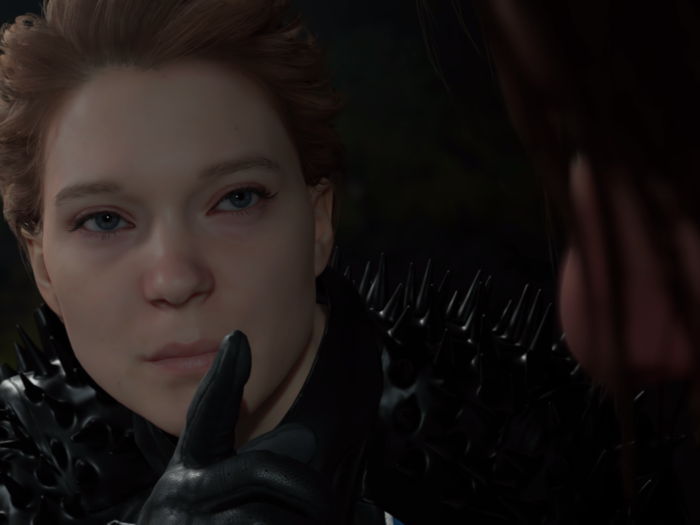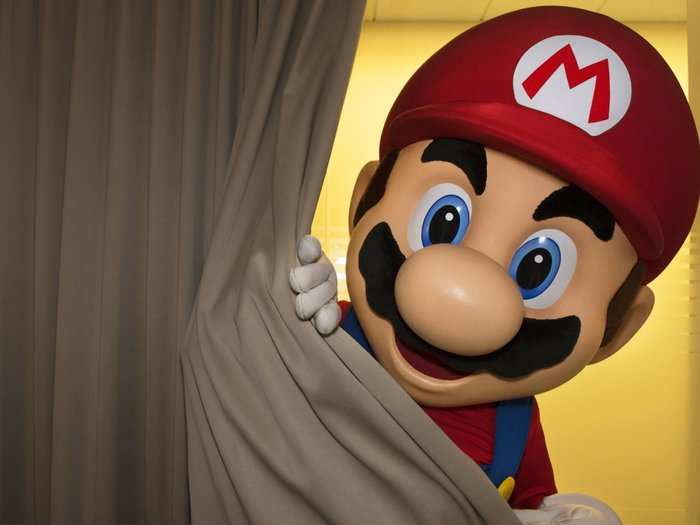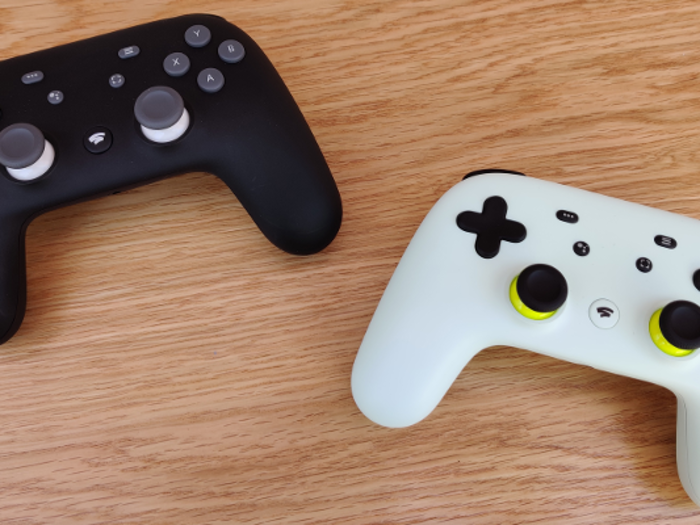- Home
- slideshows
- miscellaneous
- With new PlayStation and Xbox consoles on the horizon, now is the worst time to buy a new video game console
With new PlayStation and Xbox consoles on the horizon, now is the worst time to buy a new video game console
1. The next-generation Xbox is deep into production.

2. The next-generation PlayStation is also deep into production.

Who's ready for the PlayStation 5?
At the very least, Sony clearly is — the company detailed the successor to the PlayStation 4 in an interview with Wired in April, where it discussed everything from the specific chips powering the console to when it's expected to launch. (Spoiler: not this year!)
Unlike the PlayStation 4 Pro and the Xbox One X — half-step consoles that offered more power in the same console generation — the new PlayStation "allows for fundamental changes in what a game can be," Mark Cerny, Sony's lead system architect, told Wired.
Core to that mission is the new console's processing chips: a new central processing unit and a graphics processing unit from AMD. The former is based on AMD's Ryzen line, while the latter is part of Radeon's Navi GPU line.
What that means for you: The next PlayStation is built on chips that are yet-to-be-released.
Additionally, the new PlayStation console is said to be backwards compatible with PlayStation 4 games. Cerny touted its speedy load times thanks to a solid-state storage drive, and its ability to power higher-resolution games than ever before (up to 8K).
He also said that it won't arrive until some point in 2020.
3. Rumors of a new version of the Nintendo Switch are picking up steam.

A new console from Nintendo? Already? Yes and no.
It's been just two years since Nintendo's Switch arrived, and in those two years, it's become a major hit. And now, in 2019, it sounds like Nintendo may be gearing up for a second version of its hit console.
Two reports in April — one from Nikkei and another from Bloomberg— point to two upcoming Nintendo Switch consoles: One new version, focused on portability, could arrive this year, and the second, more powerful device is either delayed or outright canceled in favor of a revision to the existing Switch.
The Nikkei report says that Nintendo will release a smaller, less expensive, portability-focused Nintendo Switch this fall.
That lines up with previous rumors about a Nintendo Switch hardware iteration, which pointed to two new versions of the Nintendo Switch: a smaller, less expensive one, and a more powerful new version.
The latter device is reportedly delayed, according to Nikkei, which cites development challenges.
Bloomberg, however, says that the more portable version of the Switch could arrive as soon as this June, and that the more powerful Switch will just be an update to the existing hardware (rather than a design revision).
Nintendo isn't commenting on either, but president Shuntaro Furakawa denied that the new hardware will be announced in June. "We have no plans to announce that at this year's E3 in June," he said in an investor call earlier this year. "We're always working on new hardware and we will announce it when we are able to sell it."
4. Forget about consoles — Google's introducing a Netflix-like video game streaming service later this year.

After years of rumors and speculation, Google officially detailed its plans to enter the video-game business in March.
Those plans start with a new service named Stadia (pronounced "STAY-dee-uh"), which Google CEO Sundar Pichai said will offer blockbuster games on any device that can run the Chrome web browser — everything from smartphones and tablets to laptops and TVs.
The pitch is simple: If you've got a Chromecast or an iPhone (or whatever device you're reading this on), you could potentially run Stadia.
Stadia promises to do for video games what Netflix-like services did for TV and film.
Unlike Microsoft's Xbox, Sony's PlayStation, and Nintendo's Switch, Google is promising no additional hardware is required with Stadia.
"At launch, we'll support being able to play games across desktops, laptops, TV, tablets, and phones. This new generation of gaming is not a box," Phil Harrison, a Google vice president, said at the announcement event in March.
Instead, processing is handled "in the cloud" — by Google's hardware in a data center — and streamed to you instantly. Your inputs are then instantly beamed back to the computer elsewhere.
This is an oversimplification of what is assuredly a deeply complicated process, but it's similar to how Netflix works: Instead of having to run physical media, it's simply streamed to wherever you're watching it.
If you could just pay for this service instead of buying new consoles, would you still buy those consoles?
Popular Right Now
Popular Keywords
Advertisement